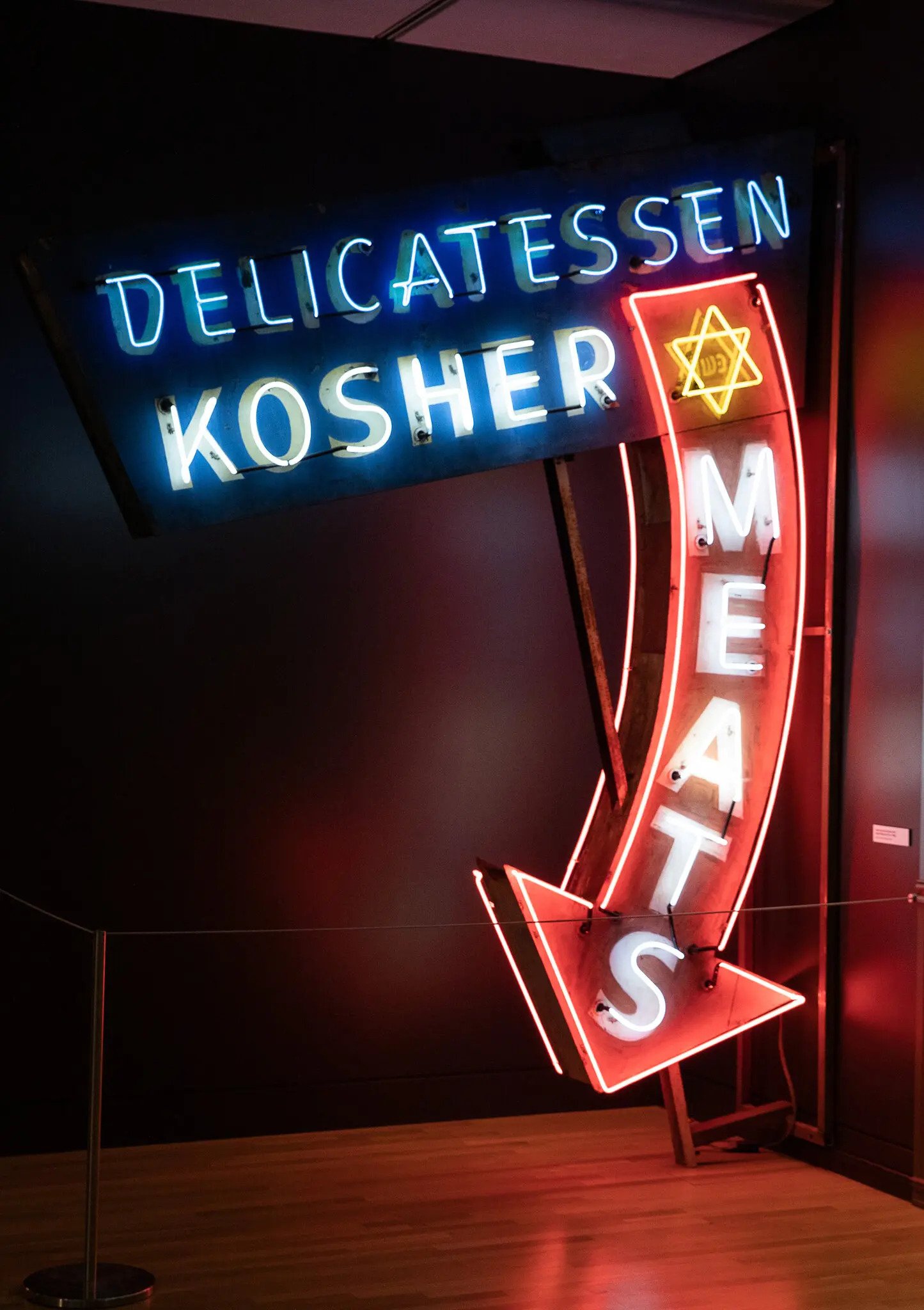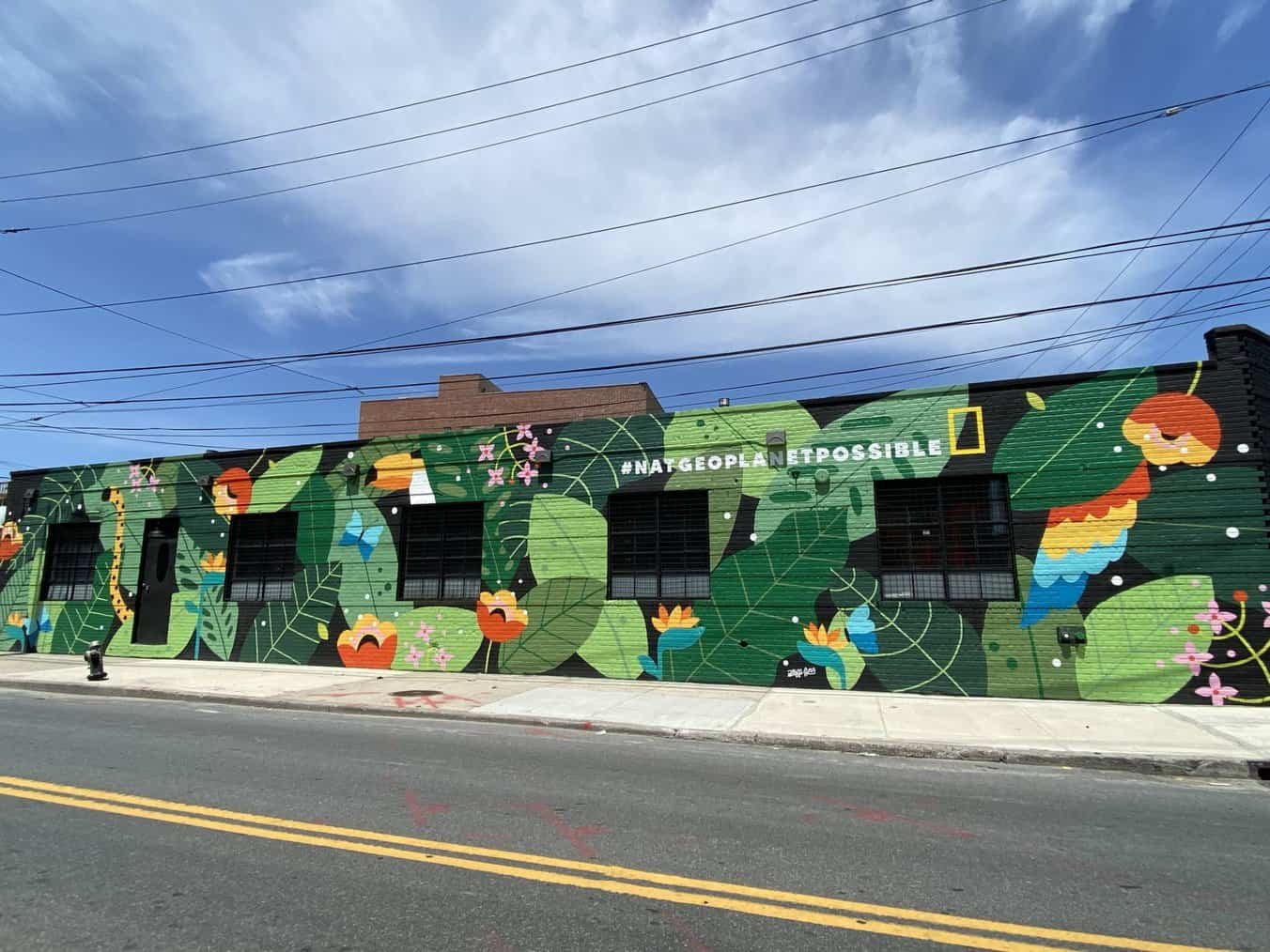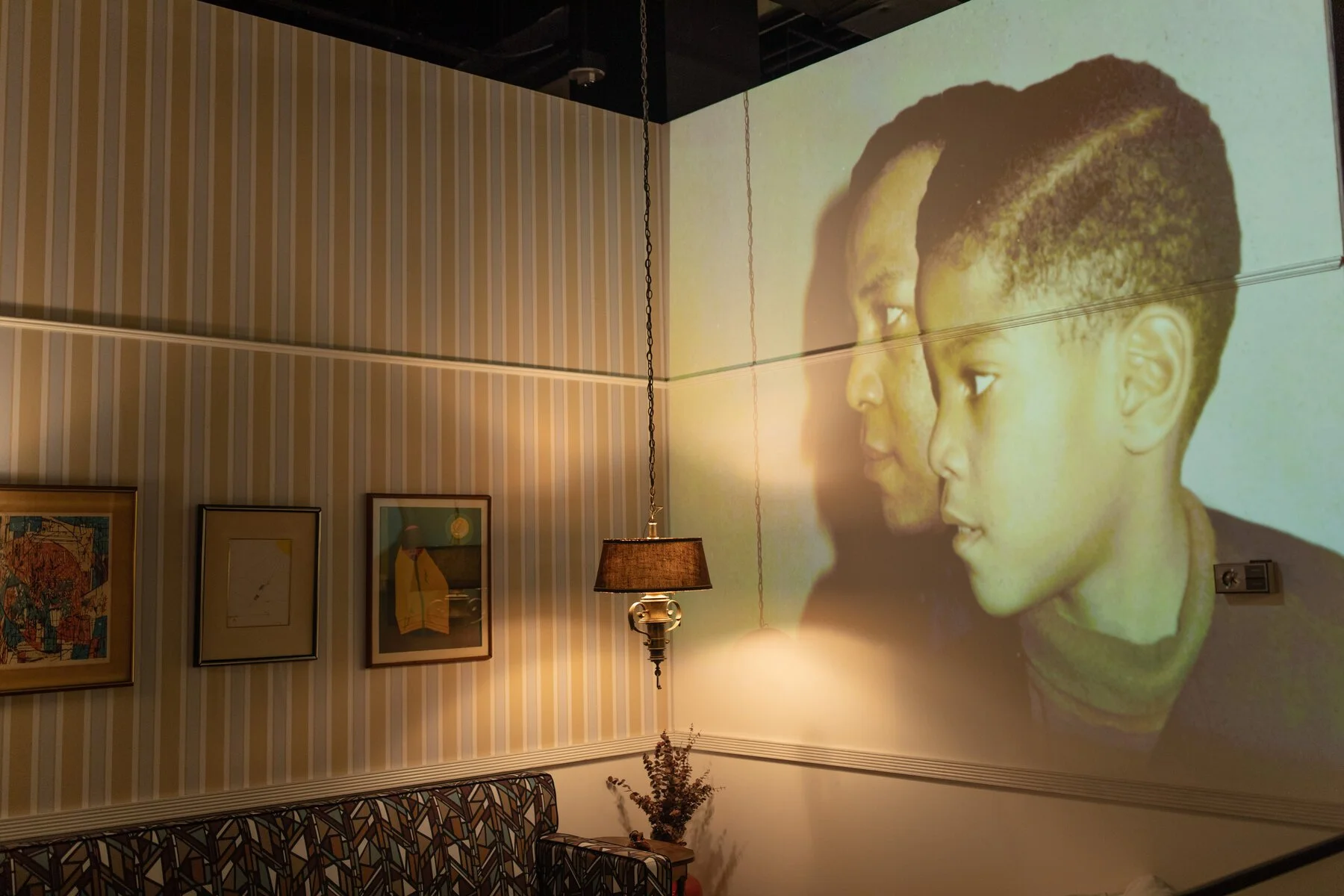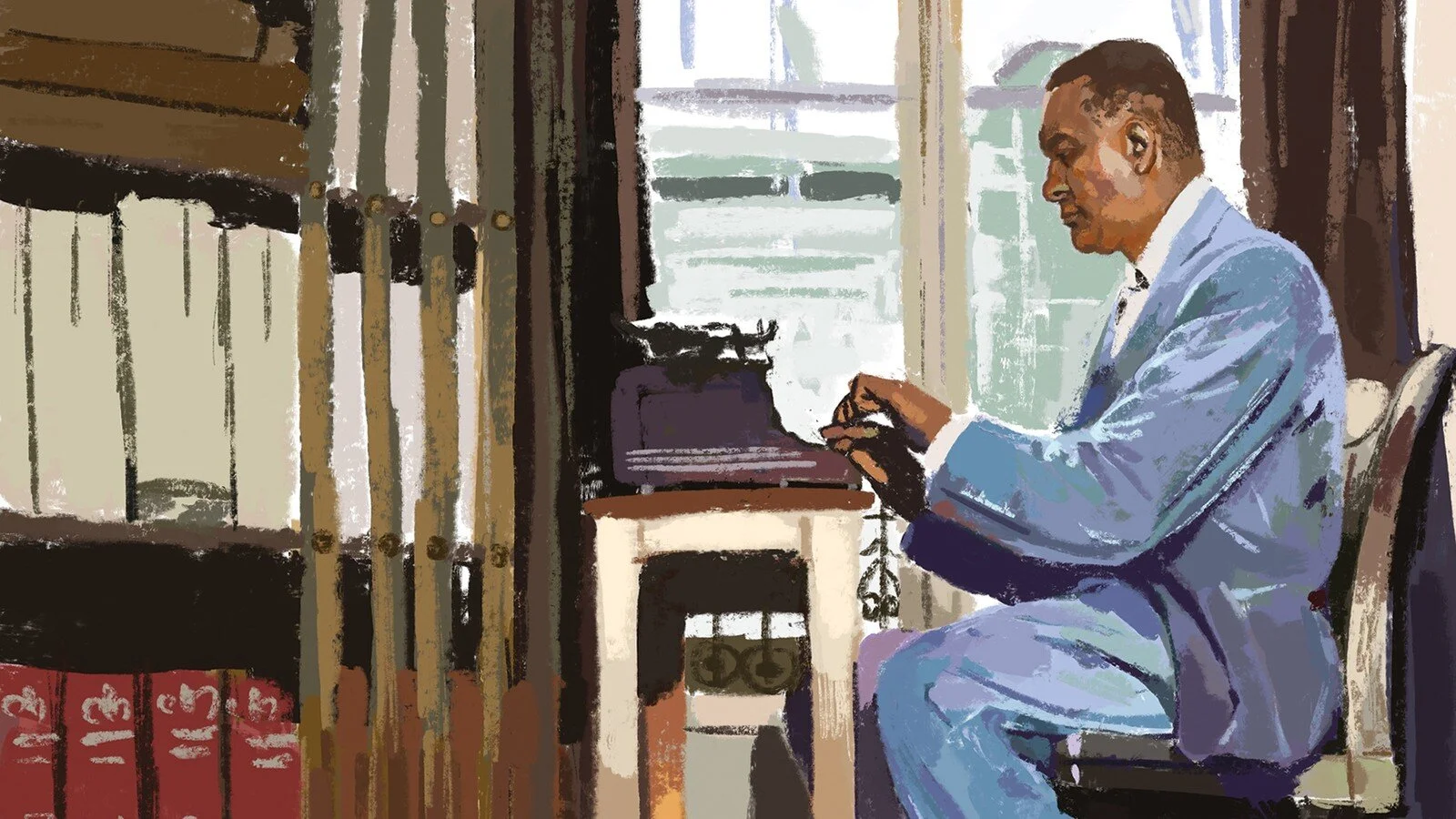Sourced from NYT | July 18, 2022 by Adam Nagourney
In a display of history and nostalgia, the Skirball Cultural Center in Los Angeles is memorializing a fading cuisine: the Jewish delicatessen. Photo credit: Joel Barhamand for The New York Times
“I’ll Have What She’s Having”
is a traveling exhibit that looks back on the Jewish delicatessen, a vibrant institution fueled by immigration — and irresistible foods.
A 2008 photograph of Carnegie Deli calls up a world of heaping pastrami sandwiches, pungent smells of brine and smoke, and tourists lined out the door onto Seventh Avenue in New York.
A few steps away, a kosher carving knife, a pushcart, a pickle barrel, and a battered traveling valise used by Lithuanian immigrants from are lined up against a wall. This is the Lower East Side a century ago, bustling with Jewish Immigrants from Eastern Europe, in the midst of creating a cuisine and a new kind of restaurant.
The attic's worth of artifacts sprawls through "I'll Have What She's Having": The Jewish Deli, an exhibit chronicling the rise of that restaurant culture in America. The museum is far from the tenements of Lower Manhattan. The Skirball Cultural Center which is about 20 miles northwest of downtown Los Angeles, created the show and over the next year will be sent to three other venues around the country, including our very own New York Historical Society.
”I’ll Have What She’s Having” is an exploration of the food and culture that thrived in New York and later in Los Angeles, along with other large Jewish and show-business communities, cities like Chicago, Houston, Miami, and Indianapolis. The story of immigration as a force behind changing American tastes, and with its pushcarts, as the curators note, foreshadowed the food trucks which are now operated by a new generation of immigrants.
A collection of advertisements for Levy’s rye bread that appeared in the 1960s and 1970s. Credit | Joel Barhamand for The New York Times
This show makes the argument that the Jewish Deli is an American construct. It's an American food, born of immigration. The exhibit is a reminder that delis and the foods they served are no longer as prevalent as they were about 50 years ago — even in Jewish life. The show is an exercise not only in history but also in nostalgia. According to the New York Historical Society, there were an estimated 3,000 Jewish delis in New York City in the 1930s but now there remain just a mere few dozen.
And … why is that?
Largely due to the fact that the children of the immigrants who built their lives behind a deli counter did not, as a rule, follow their parents into the family business. Growing up, they showed more interest in Chinese and Italian food than the smoked meat, bagels, and knishes that filled their family tables. And the demand for kosher food is nowhere as strong as it was in those first decades after the immigrants arrived. There are now "deli counters" at most supermarkets. And sadly, many delicatessens were not able to survive the Covid-19 pandemic.
There are a few things that are more New York than the Jewish deli; which is sitting down for an overstuffed, and overpriced, pastrami sandwich at the Second Avenue Deli or Katz's Delicatessen, which has been on many a tourist’s must-do agenda. This exhibition was created by two women who live in the San Fernando Valley and are curators at the Skirball, a center wholly devoted to Jewish culture.
..the curators
Cate Thurston on the left and Laura Mart are Skirball Center curators and conceived the exhibition.
“We often go pretty wacky with the ideas,” Ms. Mart said.
Credit | Joel Barhamand for The New York Times
“‘I’ll Have What She’s Having': The Jewish Deli” is at the Skirball Cultural Center through Sept.18. It will then be at the New-York Historical Society from Nov.11 through April 2, 2023; the Holocaust Museum Houston from May 4, 2023 through Aug. 13, 2023; and the finally arrives at the Illinois Holocaust Museum & Education Center in Skokie, Ill., from Oct. 22, 2023, through April 14, 2024.













